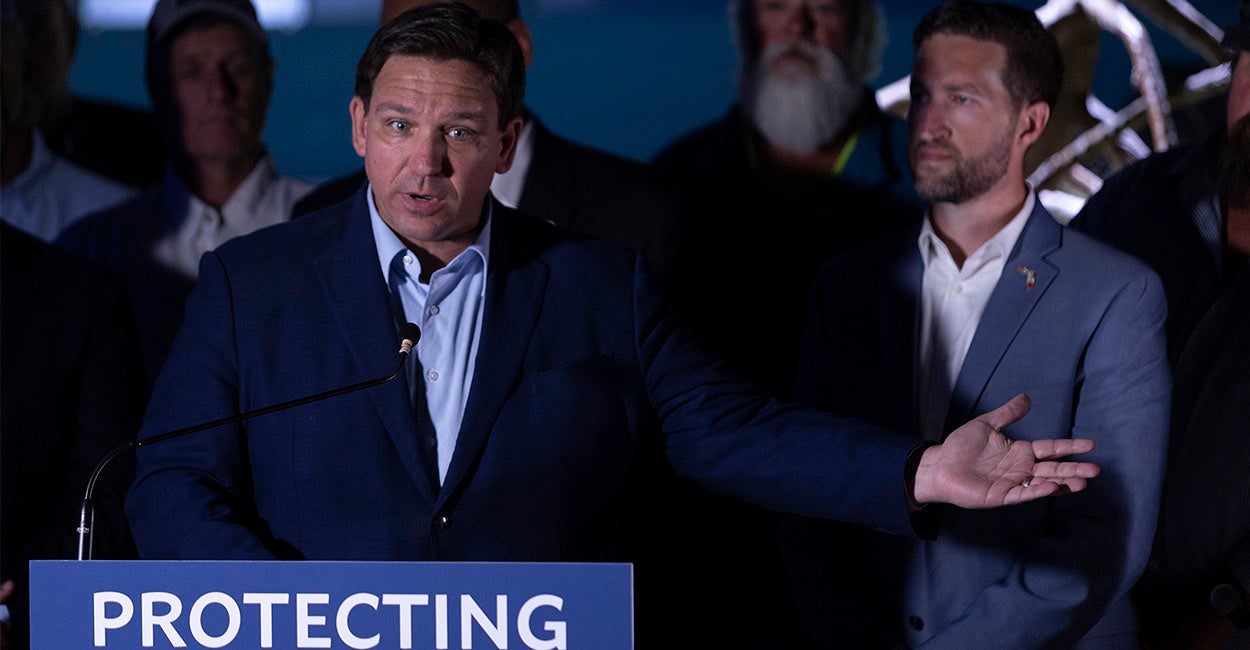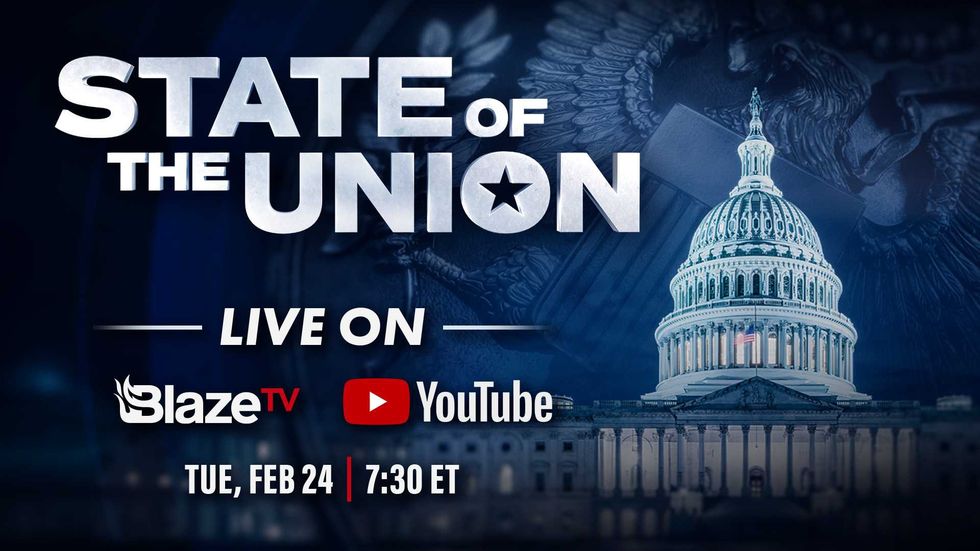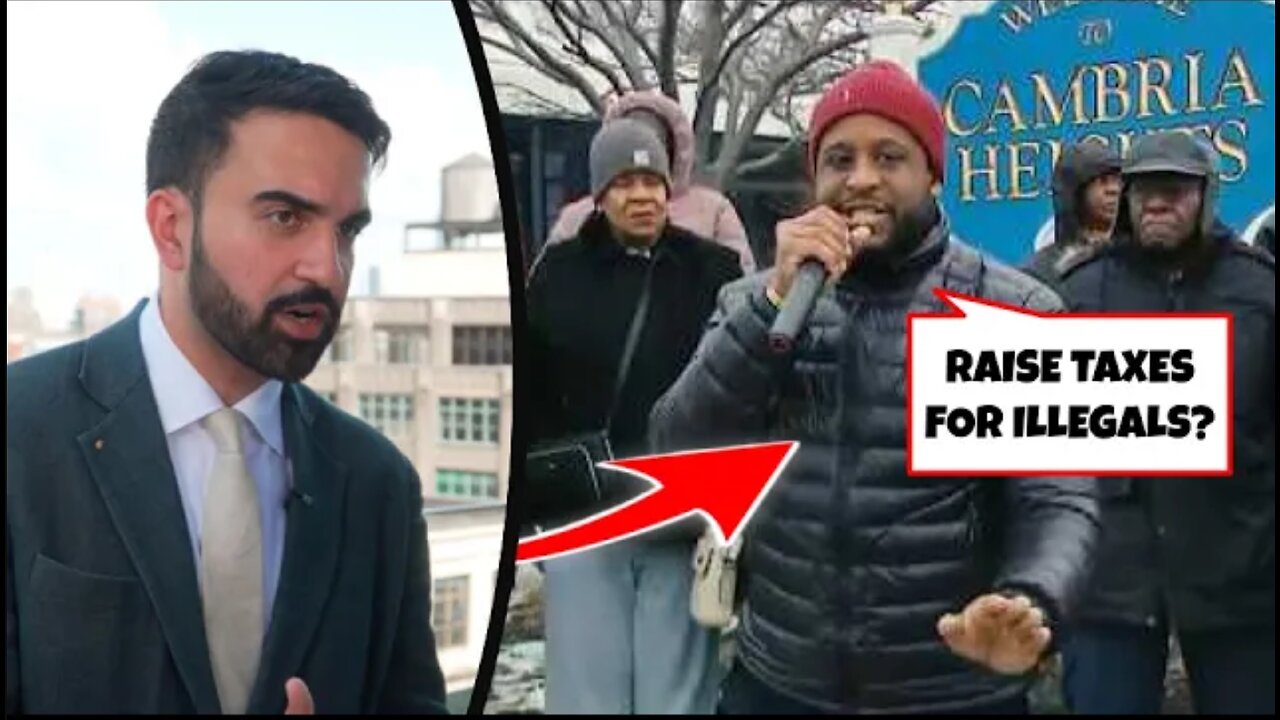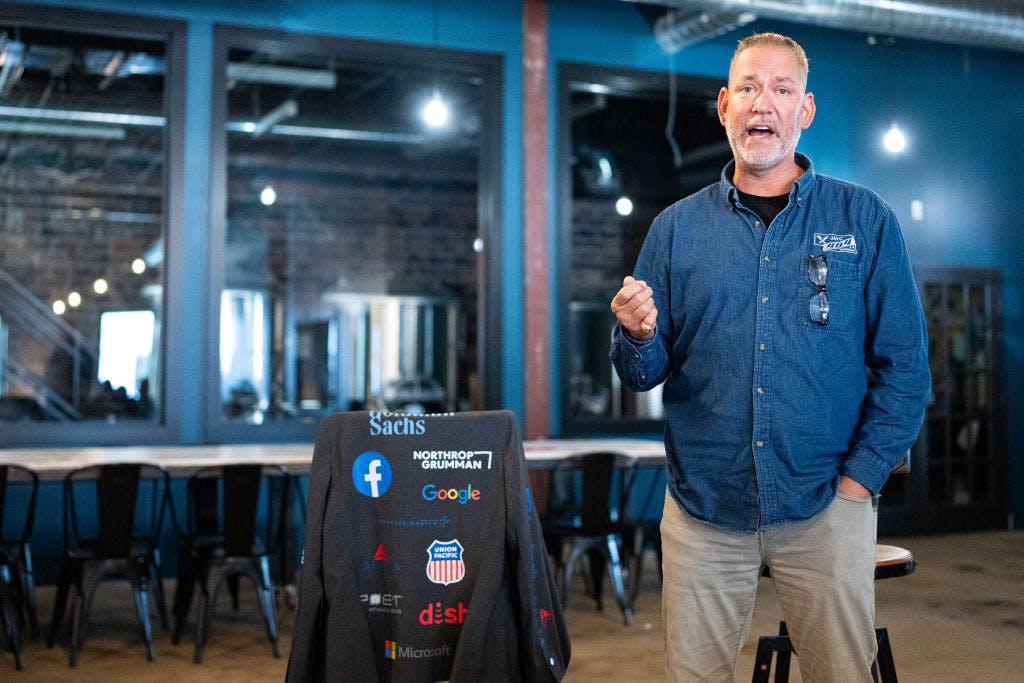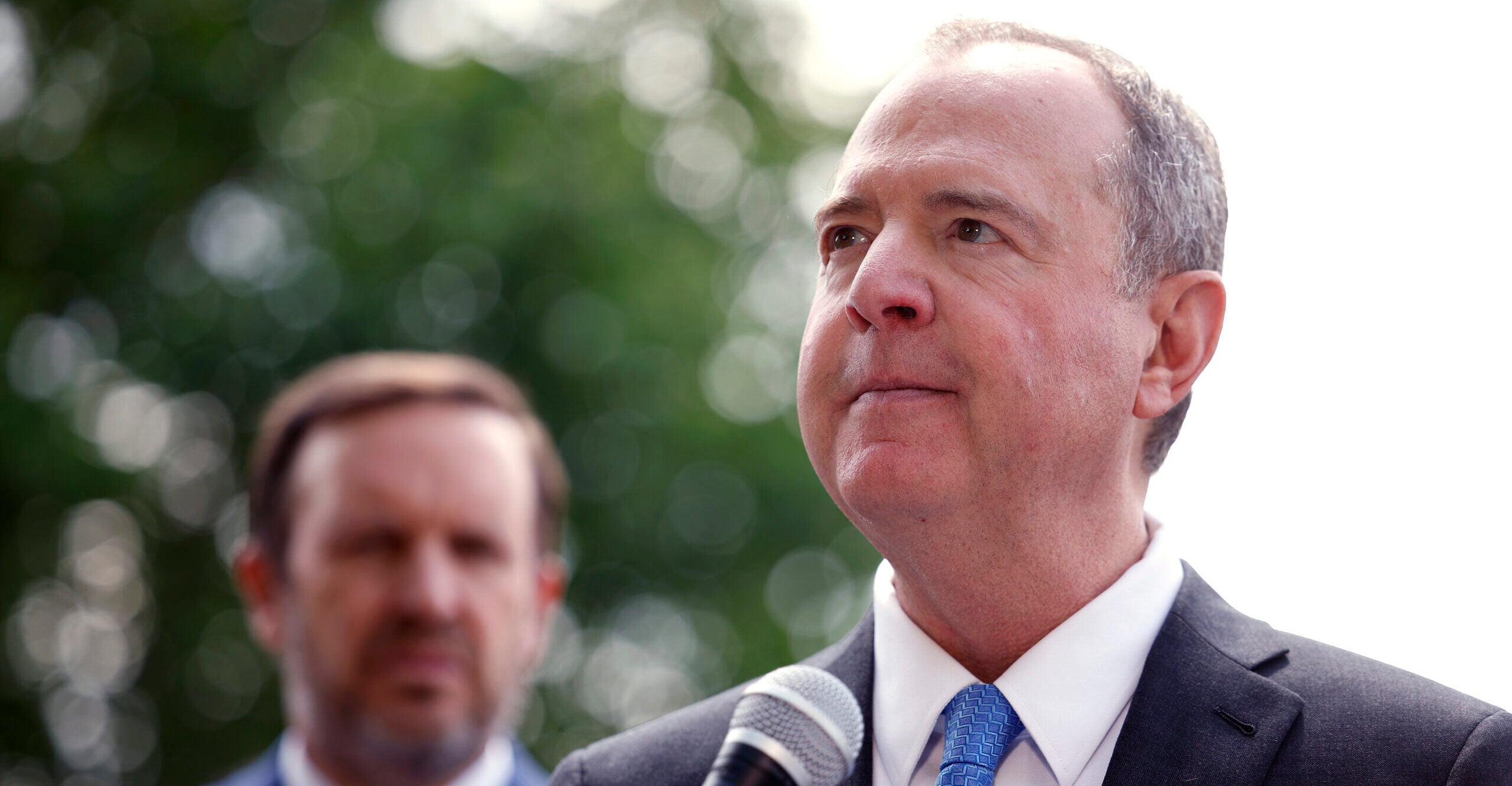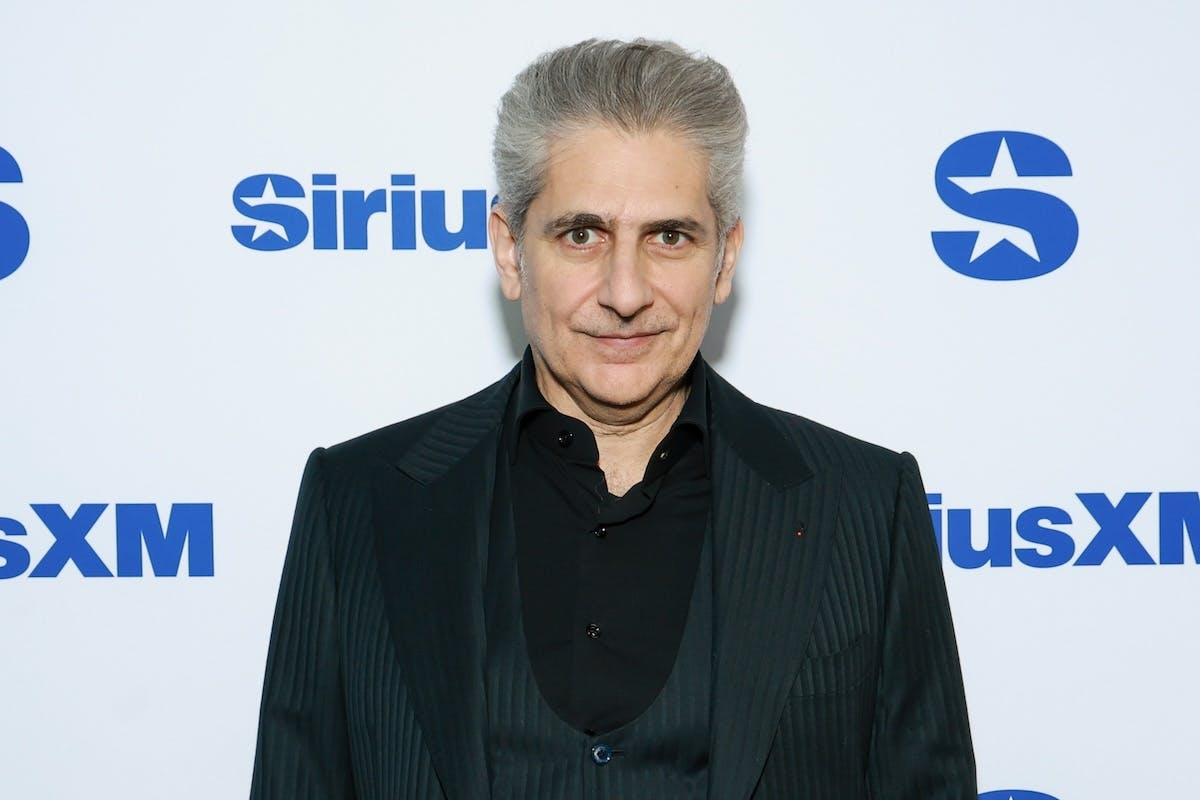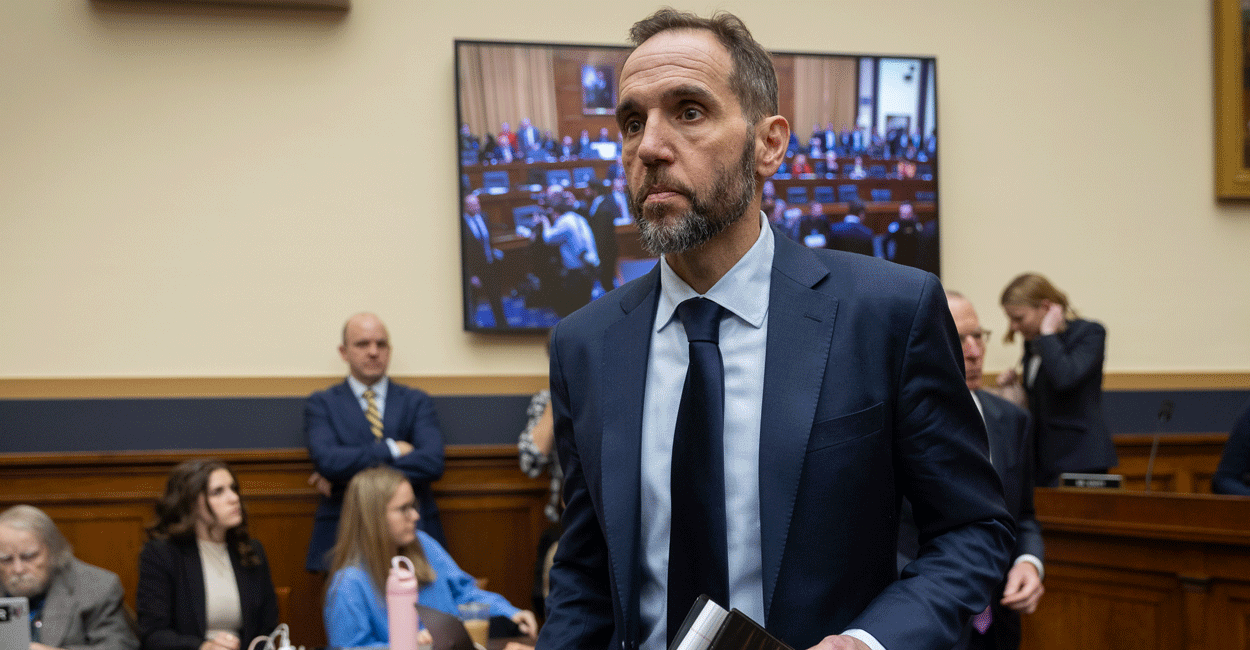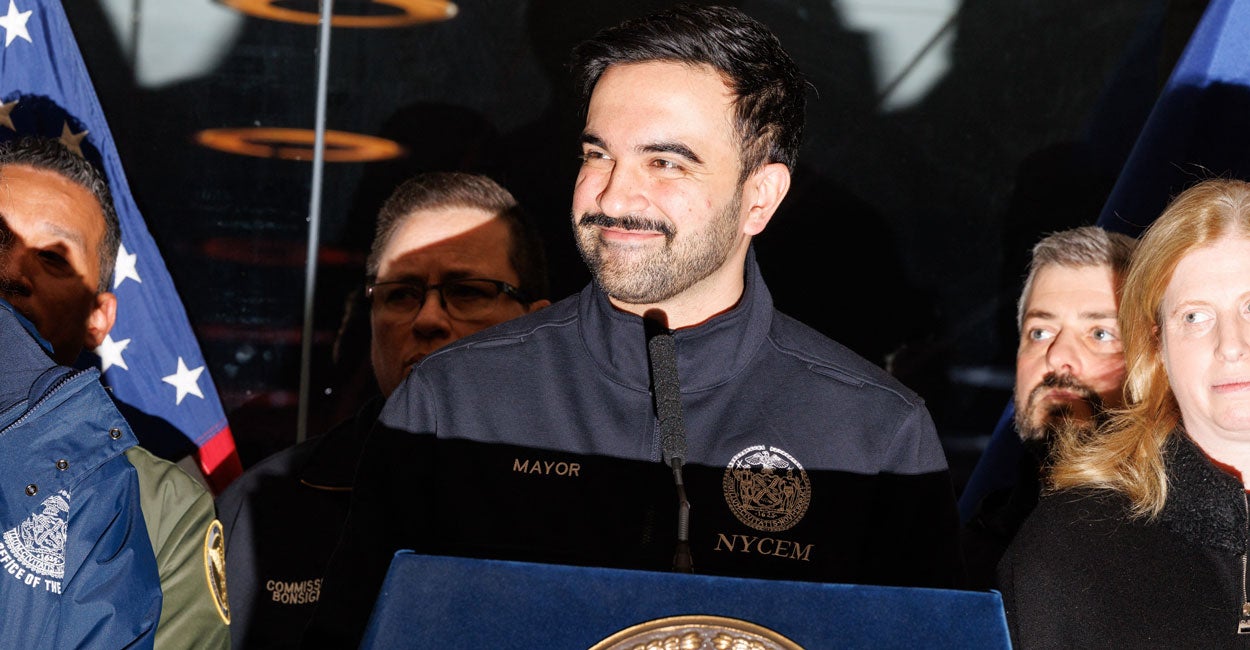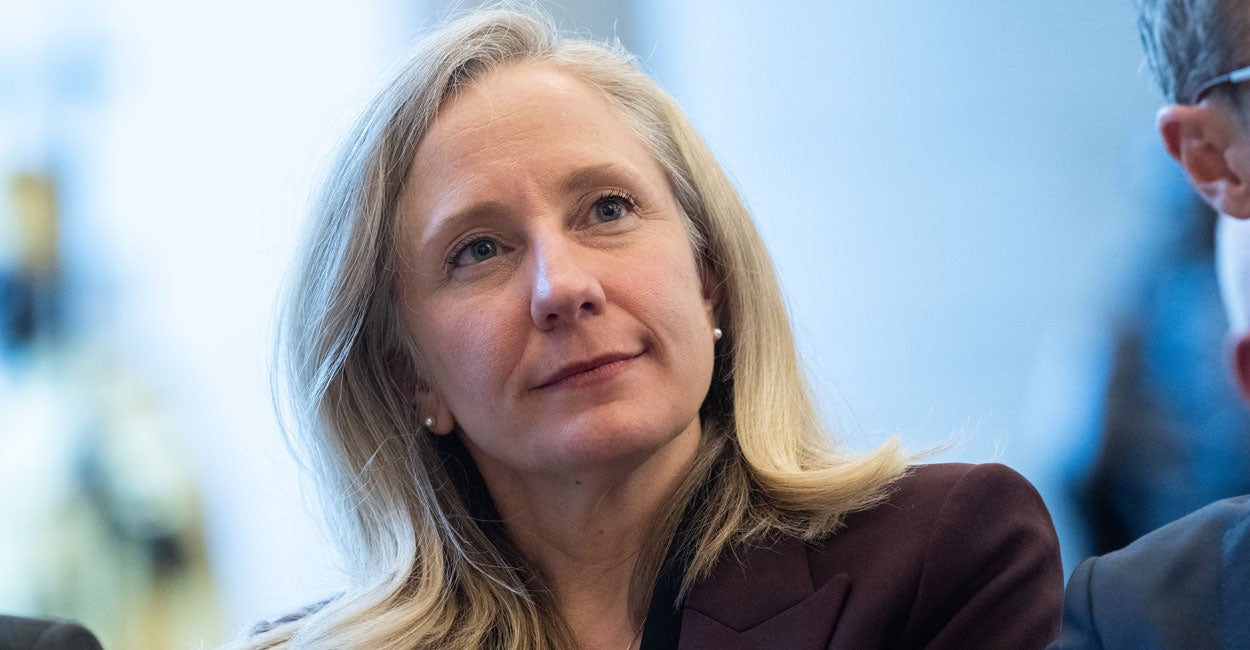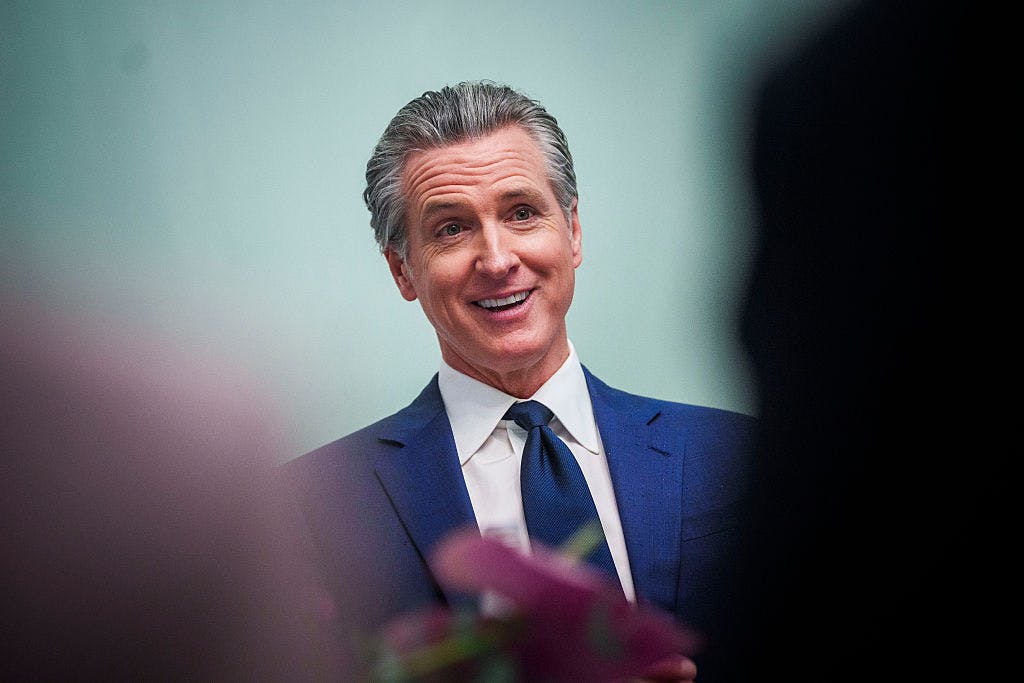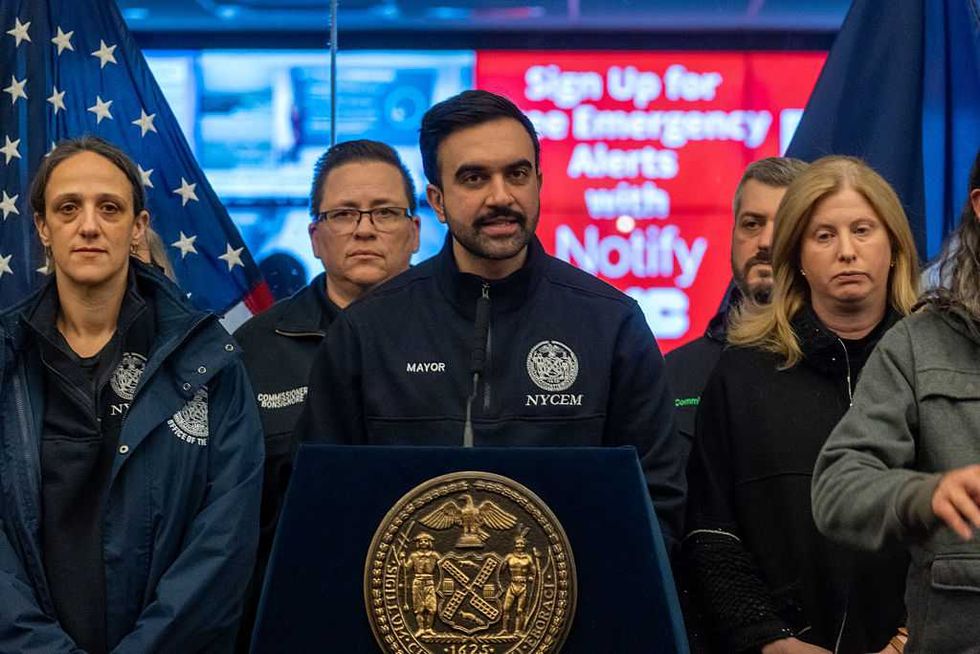Victor Davis Hanson: The Sad, Conflicted State of Young American Men
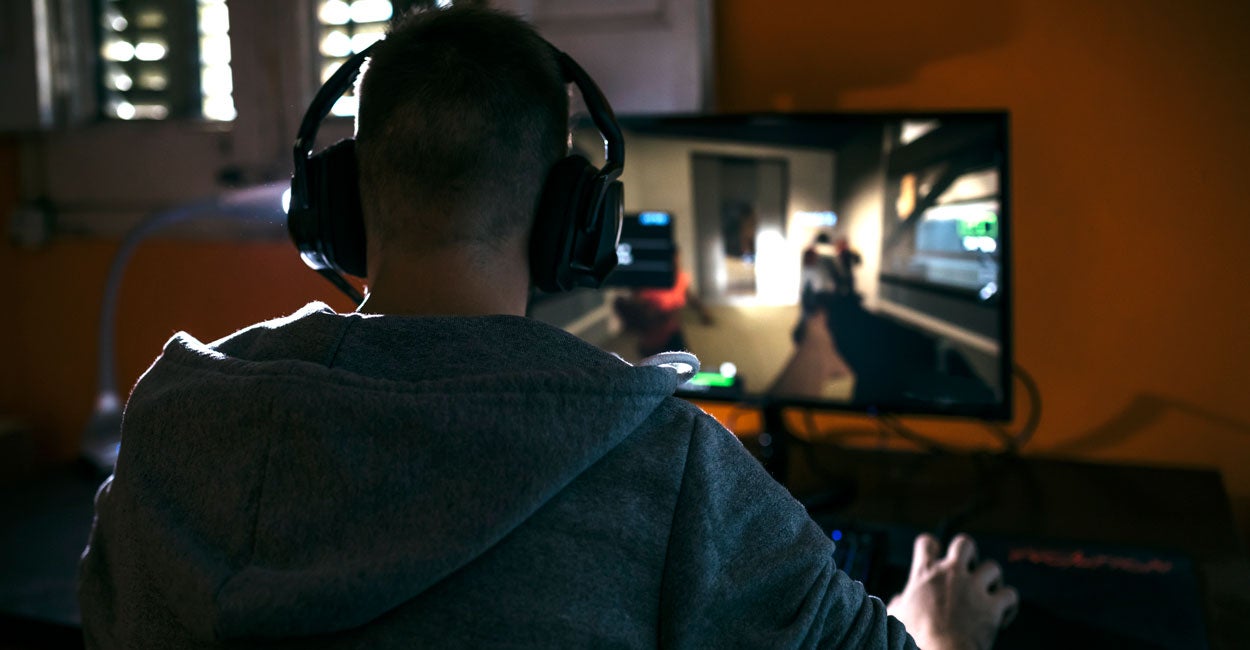
On today’s episode of “Victor Davis Hanson: In His Own Words,” Victor Davis Hanson and Jack Fowler discuss the troubling state of young American males, and how the education system has stripped young men of the desire and ability to be responsible adults.
Live Your Best Retirement
Fun • Funds • Fitness • Freedom
Editor’s note: This is a lightly edited transcript of today’s edition of “Victor Davis Hanson: In His Own Words” from Daily Signal Senior Contributor Victor Davis Hanson. Subscribe to VDH’s own YouTube channel to watch past episodes.
Victor Davis Hanson: [Virginia Attorney General-elect] Jay Jones said he wanted his opponent, who was the speaker of the Virginia Legislature, he wanted a bullet to kill him. And then they said, “You don’t really mean that.” And he said: Yes, I do. I’d like to see his kids dead and dead in the hands of his wife. That will not disqualify. Again, if he had tweeted, “I’ve been thinking about it. For me, for all of us in Virginia, we live next to Washington, we’re going have to find a way to work with [President Donald] Trump for the next [four years],” he would’ve lost that election if they exposed that.
Jack Fowler: Yeah. Yeah. [Pennsylvania Sen.] John Fetterman has become a right-winger in the shifting dynamics here. Victor, we’re gonna take a little break and come back with a final topic, and that’s about the mental health of young men, and we will do that right after these final important messages.
We are back with “Victor Davis Hanson: In His Own Words.” We are recording on Sunday, Nov. 9, and this episode will be up on Thursday, Nov. 13, two weeks out from the great day of Thanksgiving. So, Victor, the day before Election Day, there was a conference on young American men that The Lafayette Company put on in D.C., and my dear friend Ellen Carmichael’s the person who put it on, and it was a very worthwhile undertaking. What’s going on with young men in America was the focus.
So anyway, there was a poll done and I just think there’s some interesting findings in these polls of young American men. Few bullet points:
- On mental health, 57% of the respondents said their mental health is just fair, poor, or very poor.
- On friendships, 48% of Gen Z males have two or fewer friends.
- 11% have no friends at all.
- 36% of young men say they’re less socially engaged compared to prior to COVID and 41% say their mental health has worsened because of COVID.
Just three more things.
- 40% of young men say they do not have a male mentor.
- Under guidance, 17% of respondents don’t look to anyone in their life for guidance about how to be a man in society. So, they figure things out on their own.
- And finally, on affiliation, 35% of males age 16 to 28 are not affiliated with any organized group, religious congregation, intramural sports team, online community, political volunteer association, or educational association.
That’s a lot of loneliness and dysfunction out there, Victor.
Hanson: Yeah, in the old days, they would’ve been in the Elks Club, the Lions Club, the Rotary Clubs, the Knights of Columbus, the Masonic Lodge, the Downtown Club, the bowling league, now they’re playing video games in their bedroom or garage or something. Part of it is technological, that you can connect with the world in a solitary fashion.
And the more you do that, the fewer skills you have socially. So, these young men are doing video games in their own domiciles, and then they feel they’re awkward because they haven’t been out and met and greeted people. That’s one thing.
The second thing that’s going on is, let’s face it, from K-12, they’re told by the education establishment in the form of teachers that are mostly female that they suffer from inordinate masculinity, toxic masculinity. Their sports are too rough. They should feminize, and the whole idea of being a male and being responsible is not inculcated.
We have a high 45% divorce rate. So, in many cases, they either don’t have a father, or they have a stepfather or a boyfriend of their mother. That’s very problematic. When they get to college, they’re told that they are prone to be Harvey Weinsteins. And they’re gonna get two separate messages.
They’re gonna see young women who, in today’s fashion, in the age of the Kardashians, are going to have short skirts, very provocatively dressed, and they’re going to have a Victorian code printed on that. So, when they go out for a date, they’re in the post-’60s age, where premarital intercourse and sexual congress is very common, very fine. But they’re gonna have a twist to it, unlike the ‘60s, that if that matchup or that agreement does not—I’m not saying there’s not forcible [asymmetrical relationships]. There are.
But if any grounds whatsoever, the female partner objects post facto, if the male objects and says, “I had sexual congress with this woman, and I feel like she came onto me, and I was drunk,” nobody believes that, partly for good reasons, biology and all that, but the point I’m making, there is no due process if somebody accuses you of something, if you’re a male.
And then, in graduate school, if you go on, about 55% of the degrees in the humanities, art history, English are from females. And superimposed on that is affirmative action. So, the male, especially the white male, goes to college—if he gets in—and I say, where I work, Stanford University, white males consist of about 34 to 36% of the population. But they took 9% who identified as white male at Stanford the last four years. So, when they go to that school, they’re going to be in a distinct minority, but they’re gonna be told that they are racist, homophobic, sexist, predators. Even though they’re underrepresented, they’re gonna be told, “White males take over the world. White, white, white, white, white.”
I just reviewed a book by this Danielle Padilla, and the word “whiteness” I think was on 75 pages, always in a negative context. And then on top of that, I think I’m on reason No. 8, we have the whole sexual revolution of the feminist movement in the ‘60s that said women define their own sexuality on their own terms, and they can be as boorish and permissive and predatory as men. And that’s the definition of a proud, self-assured woman.
What that means is the old idea that the male had certain responsibilities imposed on him by society and his family—to be a gentleman, to open the door for a woman, to pay for the dinner and on the first, second or third date, kiss her on the cheek or something, respect her privacy, and make sure that she was treated with respect and dignity—that’s out. If a male does that, he is a square.
Then you have the reaction toward women who say, “Well, he didn’t pay for it,” or, “He is tight!” You broke the rules long ago, and he’s just now taking advantage of it.
So, if you’re a male, in the old days, if you’re in your basement playing video games and you’re 29, a woman will say, “Well, get it together, bro. I mean, it’s time for you to move out of mom’s house and dad’s and I want you to get a job. I don’t care. Two jobs. I want you to tell me when you’re gonna buy a house, and then maybe we’ll see if we’re gonna date and have sexual relations.”
Not now. The male says, “Well, you know, there’s nothing I have to do to date. I don’t even have to take her out to a movie. We just meet, we hook up that night, maybe. It’s all easy and nobody puts any demands on me to be a responsible date or father or partner, or husband.”
I don’t wanna be too specific, but I think I have one, two, three, four, six nephews …
Fowler: Yeah.
Hanson: … in their late 30s and 40s. One is married, one owns a house.
Fowler: Wow.
Hanson: And that is a problem because they can’t … they all owe student loans. They are all working, but our society makes it very difficult.
I’ve given the pathologies on the problems with young males, but there’s also the society at large. When I wrote “The Dying Citizen,” if you look at the ages when people get married, when they’ve had their first child, and when they buy their first home, it’s advanced by about four years. It’s got 23 to 27, 27 to 33, 33 to 40. So, we have this prolonged adolescence and that’s economic.
The best thing that Trump could do is really get the interest rates back down to a mortgage of 4% or 5% and have a nationwide tax incentive program for people to build homes, and then to socially, culturally, inculcate a new, “It’s wonderful to get married in your early 20s. It’s wonderful to have children and family. And we’re going to really honor men who marry, buy homes, and are good providers.” And that would help.
And then, “Video games are not really the way to spend your 20s and 30s.”
Fowler: No.
Hanson: I can honestly say I’ve never played a video game, so I shouldn’t talk about something I don’t know.
Fowler: Oh, really?
Hanson: Not once in my entire life.
Fowler: Oh, Victor, let’s play Donkey Kong sometime or Mario Brothers.
Hanson: I don’t even know the names of them. The reason I confess that is because I don’t want to talk about … I think they’re probably fascinating. I’ve seen them on the internet and stuff.
But it’s something wrong with somebody 36 years old playing paintball with his buddies or …
Fowler: Yeah.
Hanson: Yeah. I don’t know what—
Fowler: Societal responsibilities take a generation or two generations to bleed out what colleges have done to the young.
Hanson: That’s a lot of it. There’s no reason in the world that 50% of young people need to be in college, except if it was A, affordable, and B, educated you and gave you a general education of the world around you, your history, your culture, your ethos, art, music. It doesn’t. It doesn’t. It just gives you propaganda for the most part, unless you’re pure science.
And then you’re going to pay all this money over the rate of inflation each year that tuition rises. You’re gonna be broke. And then you’re going to get embittered because your psychology or sociology degree from, I don’t know, UC Irvine, that you pinned $150,000 in the hole for. You’re gonna go out and be in an apartment, and the drain’s gonna get stopped up, and the plumber’s gonna come in and the guy is 23 and you’re 29. He doesn’t owe any money, and he is making 50 bucks an hour.
Fowler: Right, right. “It’s unfair! It’s unfair!”
Hanson: I’ve been reading the interviews with [Zohran] Mamdani’s voters. That’s what they say in New York. They’ve been replaced by AI or they couldn’t get a job because of AI, or they have too much student debt.
And then the people they call to fix things make more money than they do.
Fowler: And it’s, yeah, resentment. Real resentment.
Hanson: And they’re frustrated. It’s kind of like Samson. They want to pull the house down on everybody. But not for good reasons, for bad. And he’s gonna help him do it. He’s a nihilist.
We publish a variety of perspectives. Nothing written here is to be construed as representing the views of The Daily Signal.
The post Victor Davis Hanson: The Sad, Conflicted State of Young American Men appeared first on The Daily Signal.
Originally Published at Daily Wire, Daily Signal, or The Blaze
What's Your Reaction?
 Like
0
Like
0
 Dislike
0
Dislike
0
 Love
0
Love
0
 Funny
0
Funny
0
 Angry
0
Angry
0
 Sad
0
Sad
0
 Wow
0
Wow
0
